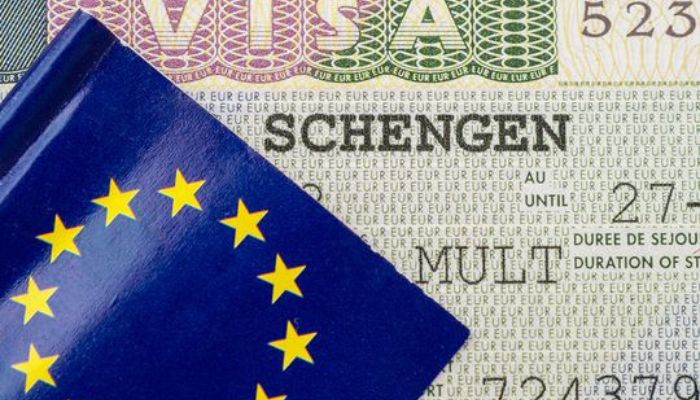Applying for a Schengen visa is the first step for Nigerians planning to travel to Europe for tourism, business, study, or family visits. One of the most important aspects of the application is understanding the Schengen visa fees and the complete cost breakdown. Knowing exactly how much you need to pay helps you budget better and avoid surprises during the process.
In this article, we’ll provide a clear breakdown of the Schengen visa fees in Nigeria, additional costs you should expect, and key details about payments and refunds.

What Is a Schengen Visa?
A Schengen visa allows you to visit and move freely within 29 European countries in the Schengen Area. Nigerian applicants often apply for short-stay visas, which allow visits of up to 90 days for tourism, business, or family visits.
Since the application process is uniform, the Schengen visa fee is the same across all Schengen member states but must be paid in Naira in Nigeria.
Standard Schengen Visa Fees in Nigeria
The official Schengen visa fees are set in euros but paid in the Nigerian currency (Naira) based on the current exchange rate at the time of application.
Here’s the standard breakdown:
- Adults (12 years and above): €90 (approx. ₦150,000 – ₦165,000 depending on exchange rate)
- Children (6–11 years): €45 (approx. ₦75,000 – ₦85,000)
- Children under 6 years: Free
- Certain applicants: May be exempt or pay reduced fees (e.g., students on official programs, researchers, children attending educational events).
Additional Costs to Consider
Beyond the Schengen visa fees, applicants in Nigeria should prepare for extra expenses such as:
- Service Charges: Visa application centers (like VFS Global) charge a service fee, usually between ₦15,000 – ₦25,000.
- Biometrics: Included in the process, but you may need to pay if you use special services.
- Travel Insurance: Mandatory for Schengen visa approval. Plans typically cost between ₦10,000 – ₦30,000 depending on coverage.
- Passport Photos: About ₦2,000 – ₦5,000 for compliant passport-sized photos.
- Courier/Optional Services: If you request passport delivery or SMS updates, expect an extra ₦5,000 – ₦10,000.
- Exchange Rate Fluctuations: Since fees are calculated in euros, changes in the exchange rate can affect the Naira amount you pay.
How to Pay Schengen Visa Fees in Nigeria
Payment for Schengen visa fees is usually done at the visa application center (e.g., VFS Global) either by card or in cash in Naira. Some embassies may require online pre-payment. Always confirm the latest method with the embassy or application center before applying.
Are Schengen Visa Fees Refundable?
No. The Schengen visa fee is non-refundable, even if your application is refused. Applicants must keep this in mind when budgeting, as rejected applications do not entitle you to a refund.
Tips for Nigerian Applicants
- Check the exchange rate: Confirm the current Naira equivalent of the visa fee before submitting your application.
- Budget for extras: Don’t just focus on the standard visa fee; include service charges, insurance, and other expenses.
- Apply early: Avoid last-minute rush and extra charges by starting your application at least 4–6 weeks before travel.
- Use official channels: Only pay through official visa application centers or embassy portals to avoid fraud.
Conclusion
Understanding the complete Schengen visa fees in Nigeria is crucial for a smooth application process. While the official visa fee is fixed in euros, Nigerian applicants should prepare for service charges, insurance, and other extra costs. Plan your budget in advance so that you can avoid surprises and increase your chances of a successful application. Or you can also send us a message if you’ll like us to help you handle the application from start to finish.
